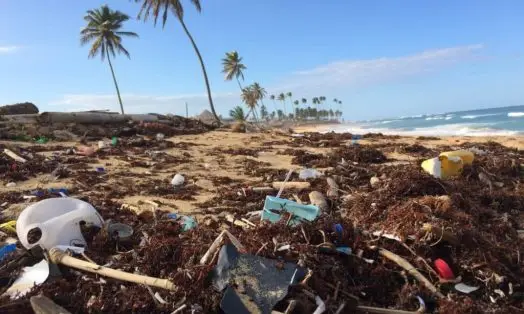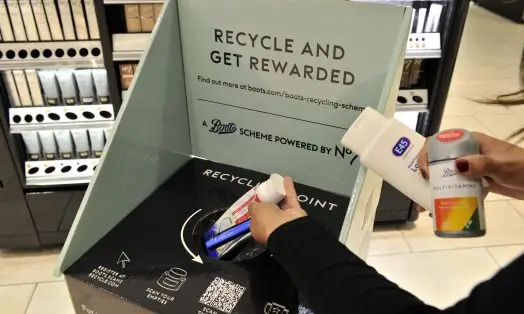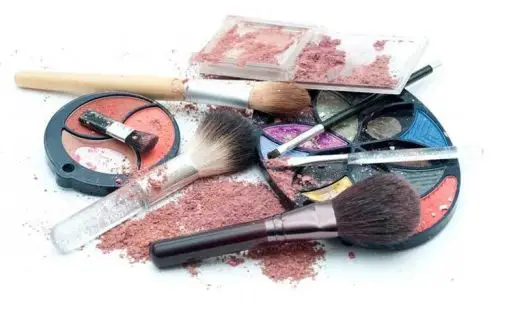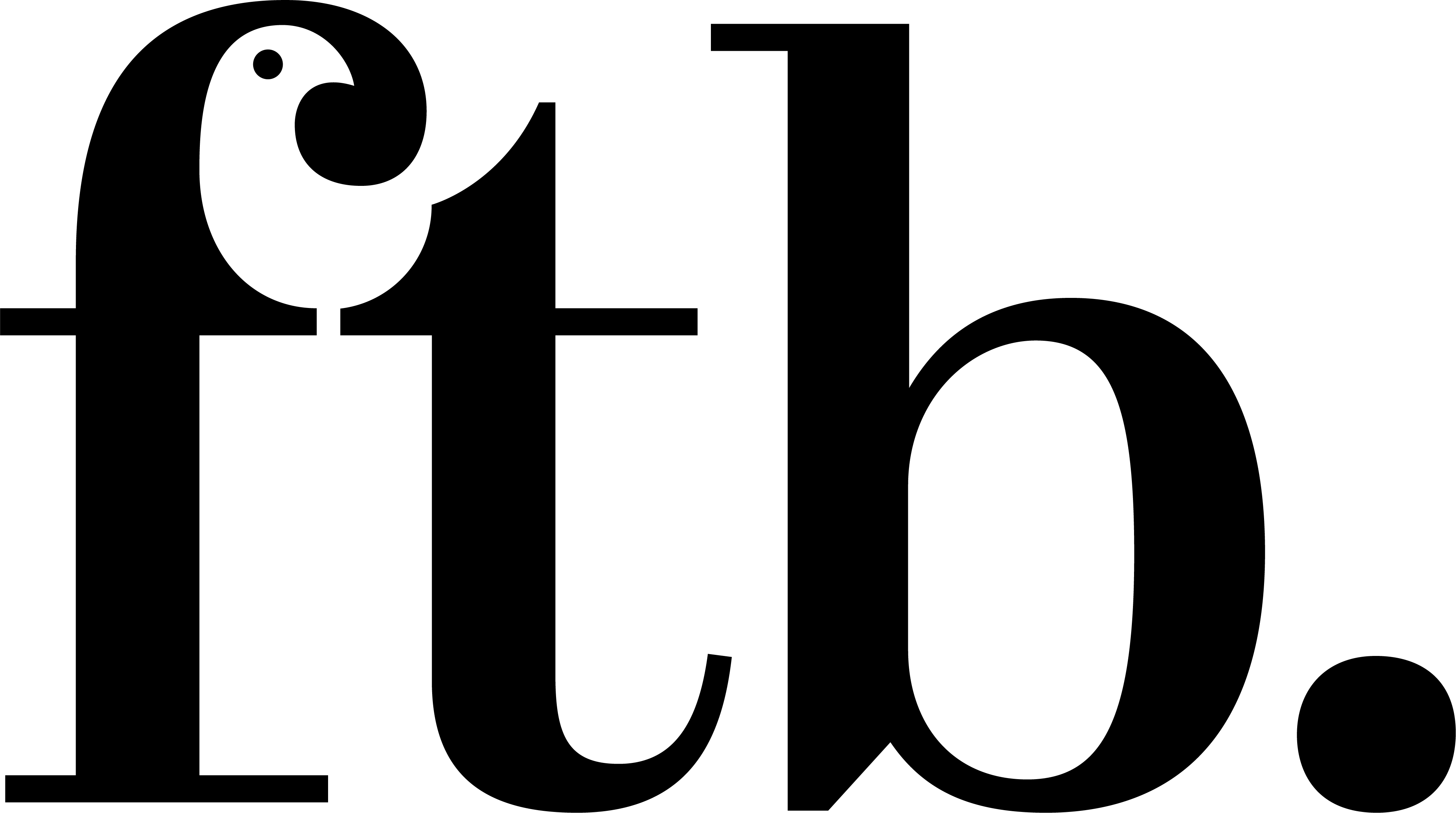Beautiful Thinking.







The global beauty industry, with all it’s allure of glamour and self-expression, has a hidden environmental cost that demands urgent attention. An estimated 120 billion units of plastic are churned out by the industry each year, with packaging alone contributing to a staggering 70%of its total waste. However, despite the prevalence of sustainability discourse in the beauty community and beyond, only 9% of plastic waste in the US is being genuinely recycled each year, according to the Environmental Protection Agency.
Complex beauty packaging designs, including hard-to-recycle elements like tubes and small caps, are the main culprit when it comes to a low level of recycling. Because of the way recycling infrastructure is designed small plastics like caps and tubes literally fall through the gaps. And whilst the individual components of things like dispensers are recyclable the reality is they are just too time consuming to dismantle for the process.
Additionally, the common use of micro-plastics in products like face scrubs and cosmetic glitter are another clear offender when it comes to sustainability. Micro-plastics are rife in the beauty industry and can pose huge environmental problems. The little pieces of plastic easily enter our water systems and ultimately end up in the ocean exposing wildlife to a myriad of toxins and even entering the food chain through the fish we eat.
Dove announced in 2019 that all their plastic packaging will be made from 100% recyclable or recycled plastic by 2025, reducing the manufacture of over 20 tonnes of virgin plastic per year.
Colgate is another brand which has revolutionised the packaging industry. Up until recently squeezy tubes, used for many beauty products and of course toothpaste, was made exclusively from a non-recyclable plastic-aluminium combination. Colgate have now produced a new tubewhich still looks and feels the same and more importantly is made from recyclable HDPE plastics. The technology, which has been 7 years in the making, is now being shared with other brands including competitors to help accelerate a broader transition.
L’Occitane is another major beauty brand which has made significant investment in their environmental claims. They became the world’s first brand to use 95% recycled aluminium and their refill system, which launched in 2017, saves 85% of plastic compared to the purchase of a brand-new bottle.
So, whilst there are some major beauty brands which have started favouring eco-friendly packaging and minimising their environmental impact, the majority remain steadfast in their reliance on non-recyclable plastics. A minimal portion of plastic packaging is genuinely recyclable, highlighting the need for a paradigm shift. According to a report from Greenpeace only two types of plastic can genuinely be called recyclable and they are the least used in packaging. So, despite the cosmetic industry’s gradual embrace of sustainability and recycling with simpler packaging and low plastic options, the proportion of plastic-free packaging in this sector remains dishearteningly low. The distinct lack of recycling infrastructure in major consumer countries like the US and the UK as well as the prevalence of greenwashing claims complicate waste reduction efforts. Consumers must navigate a quagmire of misleading claims to search for truly sustainable choices.
By cutting excess packaging, reusing containers, enhancing recyclability, and rejecting single-use plastics, the industry can begin to forge a more sustainable path going forward, but urgent action is needed.
